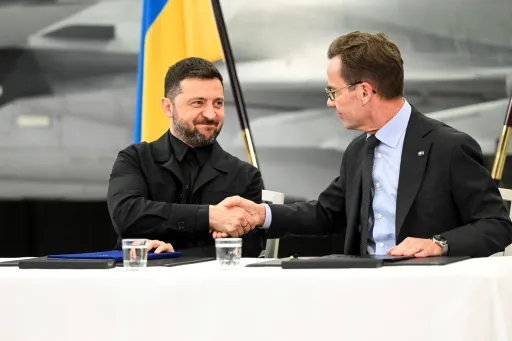The Eastern Africa Standby Force (EASF) has launched its first-ever Maritime Command Post Exercise (CPX) in Djibouti.
The move signals a new level of regional coordination in maritime security and crisis response.
Codenamed “Bahari Salama 1” meaning safe Ocean in Swahili, the ten-day drill gathers military, police, and civilian officers from ten EASF member states.
Hosted by the Djibouti Coast Guard at Doraleh Camp, the exercise is conducted under the African Standby Force (ASF) framework and the Djibouti Code of Conduct, which governs regional maritime cooperation in the western Indian Ocean and the Red Sea.
Maritime challenges
Participants are tasked with responding to complex maritime challenges, including piracy, terrorism, human trafficking, illegal fishing, and natural disasters through a coordinated joint command structure.
During the drills, participants establish a Maritime Mission Headquarters and a Combined Joint Maritime Task Force, testing command, control, and communication mechanisms across multiple domains. The focus is on real-time crisis planning, intelligence sharing, and humanitarian coordination.
EASF officials describe Bahari Salama 1 as the organisation’s first comprehensive test of its maritime component and a practical attempt to translate political commitments into operational readiness.
“This exercise marks a decisive step in consolidating peace and stability across Eastern Africa’s maritime domain,” said Brig. Gen. (Rtd.) Paul Kahuria Njema, Director of the EASF. “It demonstrates our collective resolve to protect regional waters and respond jointly to complex maritime challenges.”
Strategic location
The launch ceremony was attended by General Zakaria Cheik Ibrahim, Chief of the General Staff of the Djibouti Armed Forces; Colonel Wais Omar Bogoreh, Commander of the Coast Guard; and Colonel Ahmed Daher Djama, Commander of the Navy.
Djibouti’s strategic location on the Red Sea made it the logical host. The country has long been central to counter-piracy and maritime security operations, hosting several international naval forces.
“This is an opportunity to align our operational standards and improve how our forces communicate and respond to threats at sea,” said Colonel Bogoreh, calling the exercise both a test and a statement of intent for regional cooperation.
Beyond training, Bahari Salama 1 is structured to deliver concrete outputs. It will assess member states’ capacity to conduct joint maritime peace support operations, refine logistics and communications protocols, and reinforce adherence to international humanitarian law and the law of the sea.
Test for joint maritime missions
Organisers hope the exercise will serve as a prototype for future joint maritime missions under the EASF framework.
The exercise comes as the Red Sea and Gulf of Aden face overlapping security pressures: piracy networks adapting to new smuggling routes, rising maritime terrorism risks, and humanitarian challenges linked to migration and climate shocks.
The maritime CPX is part of the EASF’s 2025 Activity Plan, approved during its 32nd and 33rd Ordinary Sessions in Kenya and Rwanda.
It follows earlier land-based and air coordination exercises but is the first focused entirely on maritime operations.
























